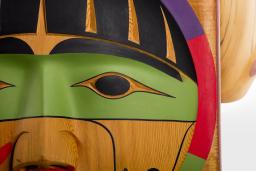Indigenous history and human rights
Discover. Learn. Reflect.
Discover the stories of Indigenous people and communities. Learn about Canada's history of colonialism and genocide. Reflect on how we can collectively work towards reconciliation.
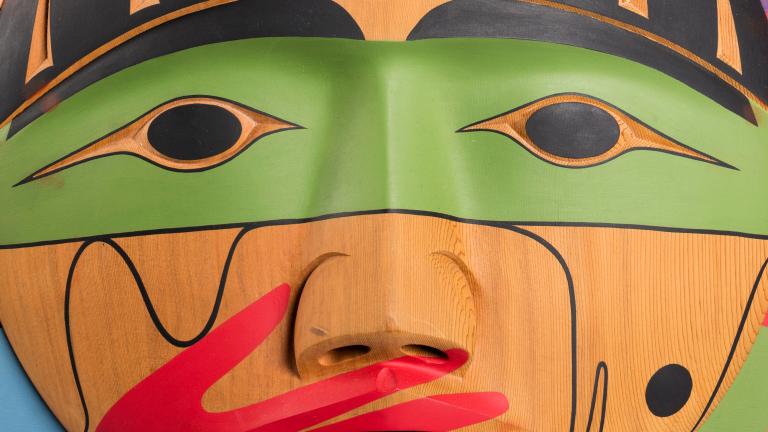
Photo: CMHR, Aaron Cohen
The Re‐emergence of 2Spirit People in the 21st Century
By Albert McLeod
Two‐Spirit individuals were cherished in Indigenous cultures, Albert McLeod writes, but European colonizers imposed rigid, binary definitions of gender and sexuality that activists are working to dismantle.
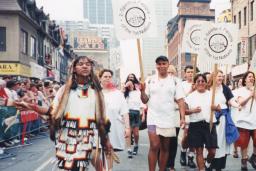
Every Canadian’s responsibility
By Karine Duhamel
MMIWG2S+ through the lens of Canadian and international law.
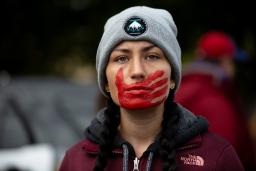
What Is Two‐Spirit? Part One: Origins
By Scott de Groot
Discover the history and meaning of Two‐Spirit. The term speaks to community self‐determination, rejects colonial gender norms and celebrates Indigenous sexual and gender diversity.
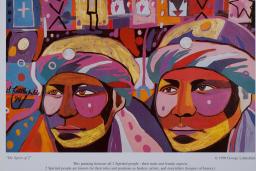
Heartbeat of a People
By Dave McLeod
First Nation, Inuit and Métis music has demonstrated remarkable resilience and adaptability throughout history. Music by the people is still at the heart of who they are, as it has been for millennia.
Treaty 3: Honouring its truths
By Carlie Kane
Treaties were meant to ensure peaceful co‐existence between settlers and Indigenous peoples. But they became instruments of colonial control. Together, we can return to the original goal of mutual respect and care.
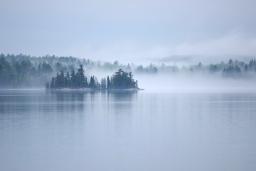
Nursing and Indigenous peoples’ health: reconciliation in practice
By Maureen Fitzhenry
Nurses’ long‐time partnership shows that decolonizing our health care systems is necessary for enhancing respect, fairness and social justice for First Nations, Inuit and Métis.
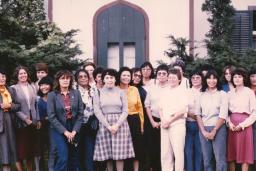
The murder of Elzéar Goulet and the struggle for Métis rights
By Karine Duhamel
Elzéar was raised in the Métis trapping and trading tradition and was killed for his role in the Red River Resistance. His story reflects the long struggle for Métis rights that includes the founding of Manitoba.
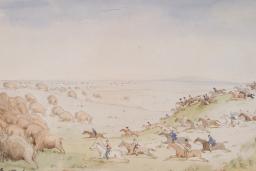
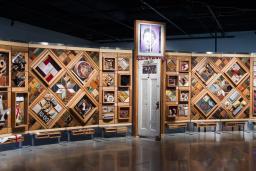
Dick Patrick: An Indigenous veteran’s fight for inclusion
By Steve McCullough and Jason Permanand
Patrick was awarded the Military Medal for bravery in the Second World War, but back in British Columbia he was refused restaurant service because he was Indigenous. That didn't stop him.
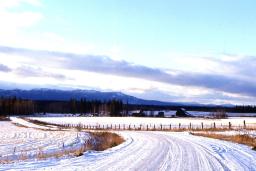
The Two Row Wampum
By Karine Duhamel
The Two Row Wampum, known as Teiohate Kaswenta in the Mohawk language, tells the story of an agreement between Indigenous people and the Dutch. The agreement is founded upon the respectful co‐existence of two different nations.

Canada’s Indian residential schools: Childhood denied
A story about Indian residential schools and their legacy
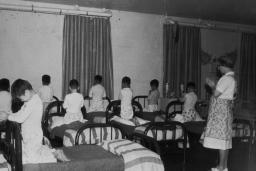
Bringing the potlatch home
By Matthew McRae
Museums, repatriation and the Cranmer potlatch.
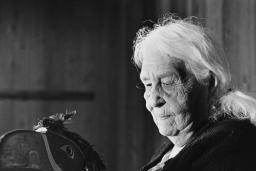
Lighting the Flame at the Pan American Games
By Rhea Yates
Fifty years ago, 10 young Indigenous athletes ran an 800‐kilometre relay from St. Paul, Minnesota, to Winnipeg, Manitoba, carrying the torch that would open the 1967 Pan American Games.
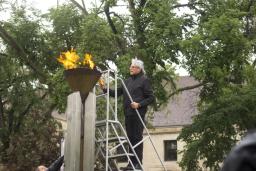
Five women all Canadians should know
By Matthew McRae
The year 2016 marks a century since women in Canada first got the right to vote and so it seems like a fine time to celebrate the achievements of Canadian women.
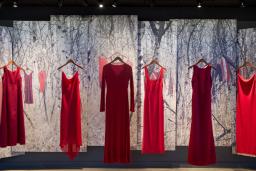
Why reconciliation? Why now?
By Karine Duhamel
Since the publication of the Truth and Reconciliation Commission of Canada’s final report in 2015, more and more Canadians seem focused on the idea of reconciliation.
